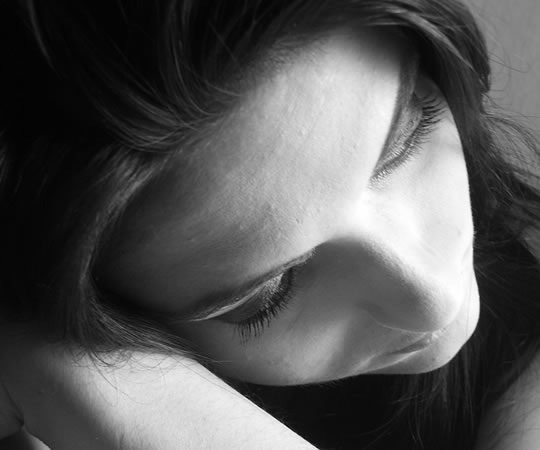Psilocybin, a hallucinogen in magic mushrooms, was found to be well-tolerated and safe to use.
Psilocybin — a hallucinogen from ‘magic’ mushrooms — can help reduce the symptoms of severe depression, a new study finds.
Psilocybin is also currently being tested for alcoholism, smoking cessation, and in people with advanced cancer.
The small study gave psilocybin to 12 people with treatment-resistant depression.
The hallucinogen was found to be well-tolerated and safe to use.
Along with supportive therapy, the psilocybin helped half the participants to feel better up to three months later.
Dr Robin Carhart-Harris, the study’s first author, said:
“This is the first time that psilocybin has been investigated as a potential treatment for major depression.
Treatment-resistant depression is common, disabling and extremely difficult to treat.
New treatments are urgently needed, and our study shows that psilocybin is a promising area of future research.
The results are encouraging and we now need larger trials to understand whether the effects we saw in this study translate into long-term benefits, and to study how psilocybin compares to other current treatments.”
Participants in the study had been ill with depression for an average of 17 years.
All had tried antidepressants twice and most had already had psychotherapy.
They were given a therapeutic dose of 25mg while being monitored by two psychiatrists.
Professor David Nutt, one of the study’s co-authors, said:
“Previous animal and human brain imaging studies have suggested that psilocybin may have effects similar to other antidepressant treatments.
Psilocybin targets the serotonin receptors in the brain, just as most antidepressants do, but it has a very different chemical structure to currently available antidepressants and acts faster than traditional antidepressants.”
Professor Philip Cowen, writing in a linked commentary, said:
“The key observation that might eventually justify the use of a drug like psilocybin in treatment-resistant depression is demonstration of sustained benefit in patients who previously have experienced years of symptoms despite conventional treatments, which makes longer-term outcomes particularly important.
The data at 3 month follow-up (a comparatively short time in patients with extensive illness duration) are promising but not completely compelling, with about half the group showing significant depressive symptoms.
Further follow-ups using detailed qualitative interviews with patients and family could be very helpful in enriching the assessment.”
The study was published in the journal The Lancet Psychiatry (Mithoefer et al., 2016).
Image credit: Valeria P.

